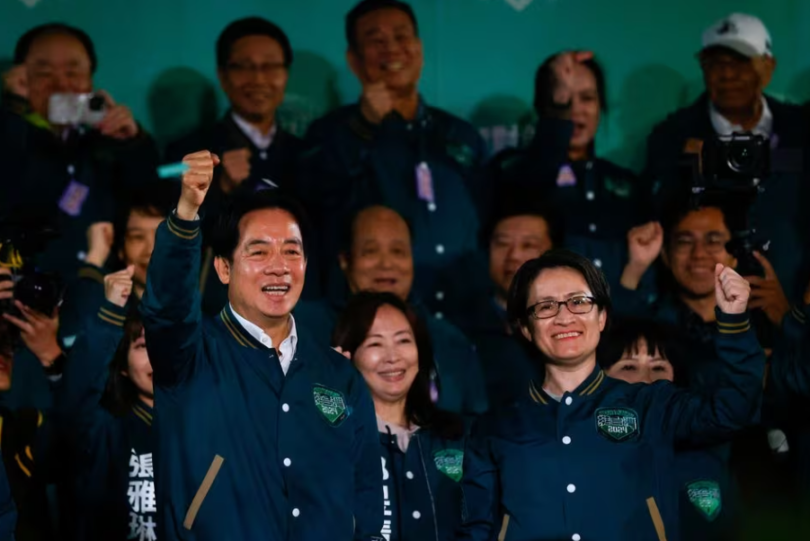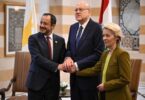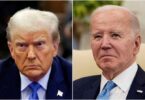TAIPEI (Reuters): Taiwan’s president-elect Lai Ching-te could face a tough four years in office with no parliamentary majority, an opposition which wanted to re-start a vexed service trade deal with China and the ever present threat of military action from Beijing.
Lai, from the ruling Democratic Progressive Party (DPP), won on Saturday by a comfortable margin though with less than half the vote but his party lost control of parliament on which Lai will have to rely to pass legislation and spending.
Lai takes office on May 20.
China wasted little time in pointing out most electors voted against Lai, with its Taiwan Affairs Office saying that the DPP “cannot represent the mainstream public opinion” on Taiwan, though it did not name Lai directly unlike in the vote’s run-up when it regularly called him a dangerous separatist.
Lin Fei-fan, a former DPP deputy secretary general who is now a senior member of a party think tank, told Reuters he’s “fairly worried” that the new government will have a “very tough” four years especially on China-related issues.
He said opposition lawmakers, who together form a legislative majority, could step up exchanges with China and ask to re-start a controversial service trade pact which Taiwan shelved a decade ago in the face of mass protests.
“That’s what concerns us,” he said. “Local governments and parliament could form a line to pressure the central government.”
Both Taiwan’s largest opposition party the Kuomintang (KMT) and small Taiwan People’s Party (TPP) campaigned to re-start the trade services pact.
Neither have confirmed if they will work together in parliament, though the TPP’s chairman Ko Wen-je said on Saturday they will play the role of a “critical minority”.
The defeated KMT candidate Hou Yu-ih did not directly answer a question on the two parties teaming up on Sunday, saying only that “opposition parties have the responsibility of being opposition parties”.
China has rebuffed Lai’s calls for talks. Lai and his party reject Beijing’s sovereignty claims and say only Taiwan’s people can decide their future.
Hu Xijin, former editor of the widely-read state-backed Chinese newspaper the Global Times who remains a prominent Chinese commentator, wrote a social media post that it was irrelevant who Taiwanese voted for when it came to bringing the island under Chinese control ultimately.
“The strength of the mainland is already here, and the will of 1.4 billion people to complete the reunification of the country is also here. Who wins Taiwan’s local elections is by no means the most important thing,” he wrote.







